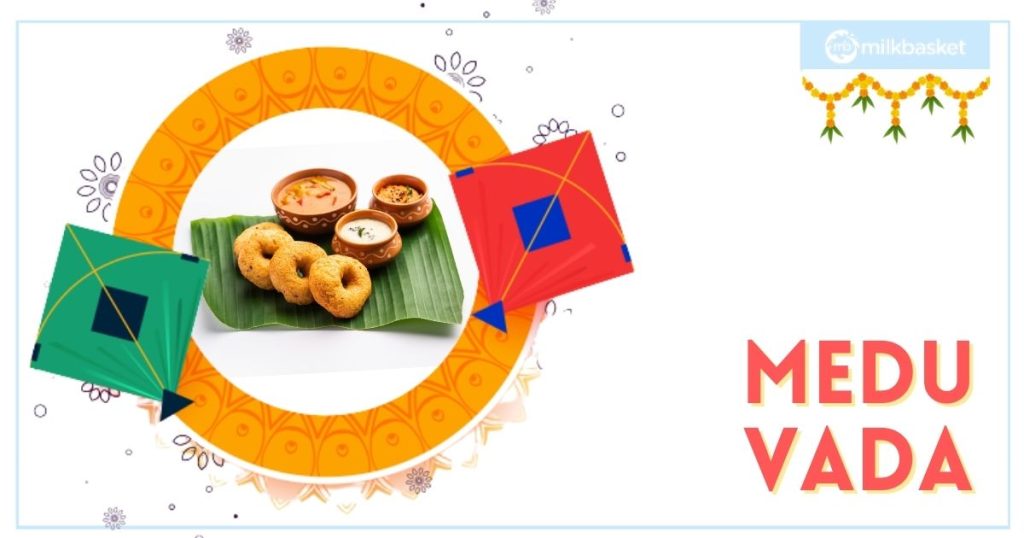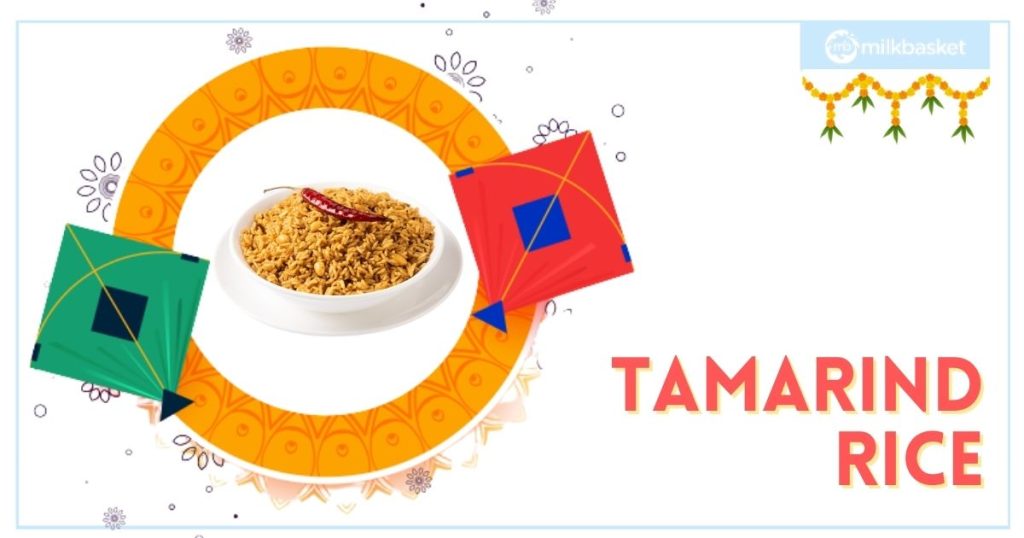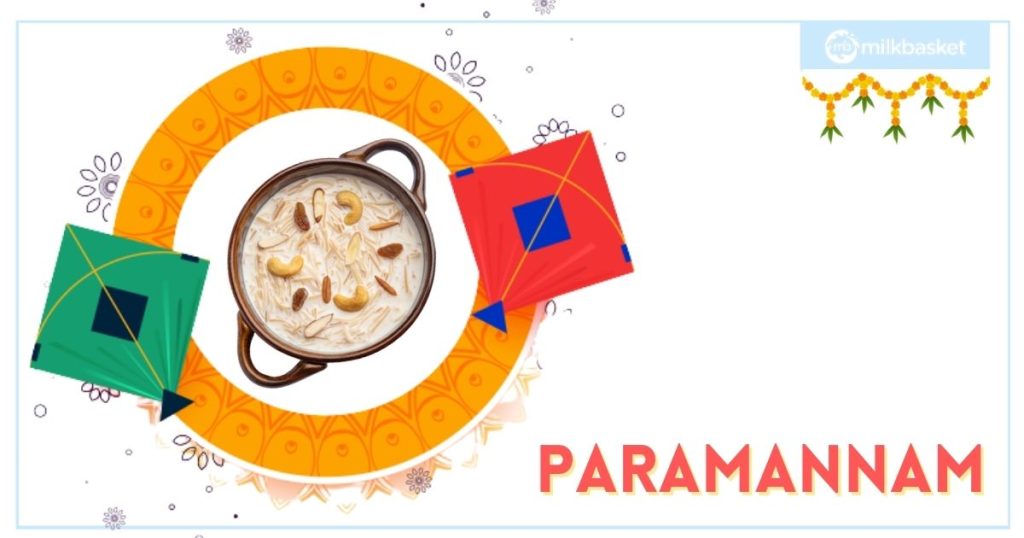Cooking A Full Course Pongal Meal | Pongal 2023 Special
Food is often an integral part of celebrations and festivals around the world. In many cultures, preparing and sharing special dishes is a way to mark important events and bring people together. Certain foods are associated with specific celebrations and have symbolic meaning. In many cases, the celebration of food is closely tied to the celebration of other important aspects of culture, such as music, dance, and art.
Pongal is one such traditional Hindu festival celebrated in South India, particularly in the Tamil Nadu region. It is a four-day festival that takes place in the Tamil month of Thai, which corresponds to the month of January in the Gregorian calendar.
Pongal is a harvest festival that marks the end of the winter solstice and the beginning of longer days. It is a time of thanksgiving and celebration, as people give thanks for the abundance of the previous year’s harvest and pray for a good harvest in the year to come. On Pongal, people dress up in new clothes, prepare traditional dishes, and decorate their homes with flowers and rangoli, which are colorful designs made with rice flour. The festival is also marked by various cultural and sporting events, such as bull-taming contests and traditional sports.
The Festive Food Spree
Food plays a central role in the celebration of Pongal. One of the main dishes prepared during the festival is called “Pongal,” which is a type of rice porridge made with lentils and spices. Pongal is often sweetened with jaggery or brown sugar and garnished with cashews, raisins, and ghee. It is traditionally prepared in a clay pot and offered to the gods as a form of sacrifice.
In addition to Pongal, a number of other traditional dishes are also prepared during the festival, such as Vadai (a type of savory doughnut), Appam (a type of pancake), and Payasam (a type of sweet pudding). The preparation and sharing of these dishes is an important way for people to come together and celebrate the festival.
Let’s Prepare For Pongal🎉
On this festive occasion, let’s cook a full course meal especially selected from the choicest delicacies of Pongal. This shall include an appetizer, main course and a dessert.
The Appetizer: Medu Vada
The Main Course: Tamarind Rice
The Dessert: Paramannam
Medu Vada

Medu Vada is a type of savory donut that is popular in South Indian cuisine. It is made with a mixture of ground lentils and spices, which is formed into a ball or donut shape and deep fried until it is crisp and golden brown. Medu vadas are often served with a variety of accompaniments, such as coconut chutney, sambar (a type of lentil stew), or tomato sauce. They are a popular snack food in South India and are often served as part of a traditional breakfast or as an appetizer. They are also commonly served at festivals and celebrations like Pongal.
Ingredients:
- 1 cup urad dal (split black lentils)
- 2 green chilies, finely chopped
- 1/4 cup finely chopped cilantro
- 1 teaspoon grated ginger
- 1 teaspoon cumin seeds
- salt, to taste
- oil, for deep frying
Instructions:
- Soak the urad dal in water for at least 4 hours or overnight.
- Drain the lentils and grind them into a fine paste using a food processor or wet grinder.
- Add the green chilies, cilantro, ginger, cumin seeds, and salt to the lentil paste and mix well.
- Heat the oil in a deep fryer or large saucepan over medium heat.
- Wet your hands and take a small amount of the lentil mixture, shaping it into a ball or donut shape.
- Carefully place the vadas into the hot oil and fry until they are golden brown and crisp, about 3-4 minutes.
- Remove the vadas from the oil and drain on a paper towel.
- Serve the vadas hot with coconut chutney or sambar. Enjoy
Tamarind Rice

Tamarind rice, also known as ‘Puliyodharai’, is a popular dish made with cooked rice and a tangy tamarind sauce. The sauce is made by mixing tamarind paste with a blend of spices, including mustard seeds, chilies, and peanuts. The cooked rice is then mixed with the sauce, giving it a distinctive sour and spicy flavor.
Tamarind rice is often served as a side dish and is popular at festivals and celebrations. It is often accompanied by a variety of accompaniments, such as pickles, yogurt, and papadum (a type of thin, crisp cracker). Tamarind rice is also a popular street food in South India and is often sold by vendors at markets and fairs.
Ingredients:
- 2 cups cooked rice
- 1/4 cup tamarind paste
- 2 tablespoons oil
- 1 teaspoon mustard seeds
- 1 teaspoon cumin seeds
- 1/4 teaspoon asafoetida (hing)
- 2 dried red chilies
- 1 teaspoon chana dal (split chickpeas)
- 1 teaspoon urad dal (split black lentils)
- 1/4 cup peanuts
- 1/4 cup cashews
- 10 curry leaves
- salt, to taste
Instructions:
- Heat the oil in a pan over medium heat.
- Add the mustard seeds and wait for them to crackle.
- Add the cumin seeds, asafoetida, red chilies, chana dal, urad dal, peanuts, cashews, and curry leaves. Fry until the nuts are golden brown.
- Add the tamarind paste and cook for 2-3 minutes.
- Add the cooked rice to the pan and mix well to coat the rice in the tamarind sauce.
- Add salt to taste and mix well.
- Serve the tamarind rice hot with curd, garnished with additional cashews and curry leaves if desired.
Paramannam

Paramannam is a type of sweet pudding that is popular in South Indian cuisine. It is made with rice, milk, and sugar, and is flavored with cardamom and other aromatic spices. The rice is cooked in milk until it is soft and the mixture thickens, and then sugar is added to sweeten it.
The pudding is usually garnished with nuts, such as almonds and pistachios, and is often served as a dessert at festivals and celebrations. It is also sometimes served as a prasad, which is a type of food offered to the gods in Hinduism. Let’s cook it!
Ingredients:
- 1 cup uncooked rice
- 4 cups milk
- 1 cup water
- 1/2 cup sugar
- 1/2 teaspoon cardamom powder
- 2 tablespoons ghee (clarified butter)
- 2 tablespoons almonds
- 2 tablespoons raisins
Instructions:
- Rinse the rice and soak it in water for 30 minutes.
- Drain the rice and add it to a saucepan along with the milk and water. Bring the mixture to a boil over medium heat.
- Reduce the heat to low and simmer the rice until it is soft and the mixture has thickened, about 30-40 minutes. Stir frequently to prevent the rice from sticking to the bottom of the pan.
- Add the sugar and cardamom powder to the rice mixture and stir well to combine.
- Heat the ghee in a separate pan over medium heat. Add the almonds and raisins and fry until the nuts are golden brown.
- Pour the fried nuts and raisins over the rice mixture and mix well.
- Serve the paramannam hot or chilled, garnished with additional nuts and raisins if desired.
All the mentioned ingredients in the recipes can be easily ordered via the Milkbasket app which then will be delivered conveniently to your doorstep by 7 AM, the very next morning!
Happy Pongal Everyone!🎉🎉
Categories
Popular Posts
-

4 Eco-Friendly Decorations for Ganesh Chaturthi
Spread the loveLooking for sustainable eco Ganpati decoration ideas as Ganesh Chaturthi approaches on August 26, 2025? You’re not alone in wanting to celebrate Lord Ganesha while protecting our environment. This festival season, you can create beautiful decorations that honor tradition without harming the environment. Milkbasket understands your need for convenient online grocery delivery during […]
19 Aug 2025 read More... -

Milkbasket – A Revolution In The Online Grocery Delivery Services In India
Spread the loveThere’s no denying the fact that the pandemic has drastically changed the way people spend their time online, buying everything through various online retail platforms with the convenience of home deliveries in India. Milkbasket, with it’s features has proven to be a revolution in the online grocery delivery services in India. While stepping […]
08 Jul 2022 read More... -

Milkbasket’s Latest DVC Campaign Is Out, And It’s Quirky And Relatable As Heck!
Spread the loveThe year 2021 was all about patience, resilience, and the grind it takes to get back up from a worldwide slump that the COVID-19 pandemic had hit us with. It made us all revisit our roots, recalibrate our priorities, and strengthen our foundations. With the better part of 2022 gone into slowly spreading […]
28 Sep 2022 read More... -

Nabhi Chikitsa or Belly Button Therapy: The Simple Health Secret You NEED To Know!
Spread the loveOur Navel or Belly Button (scientific name Umbilicus) is believed to be the centre of our life force. Most of us take it as just another part of our body not knowing its deep, thrilling world. In ancient Hindu healing practices, the Navel is considered to be the most important point of the […]
08 Sep 2022 read More...





